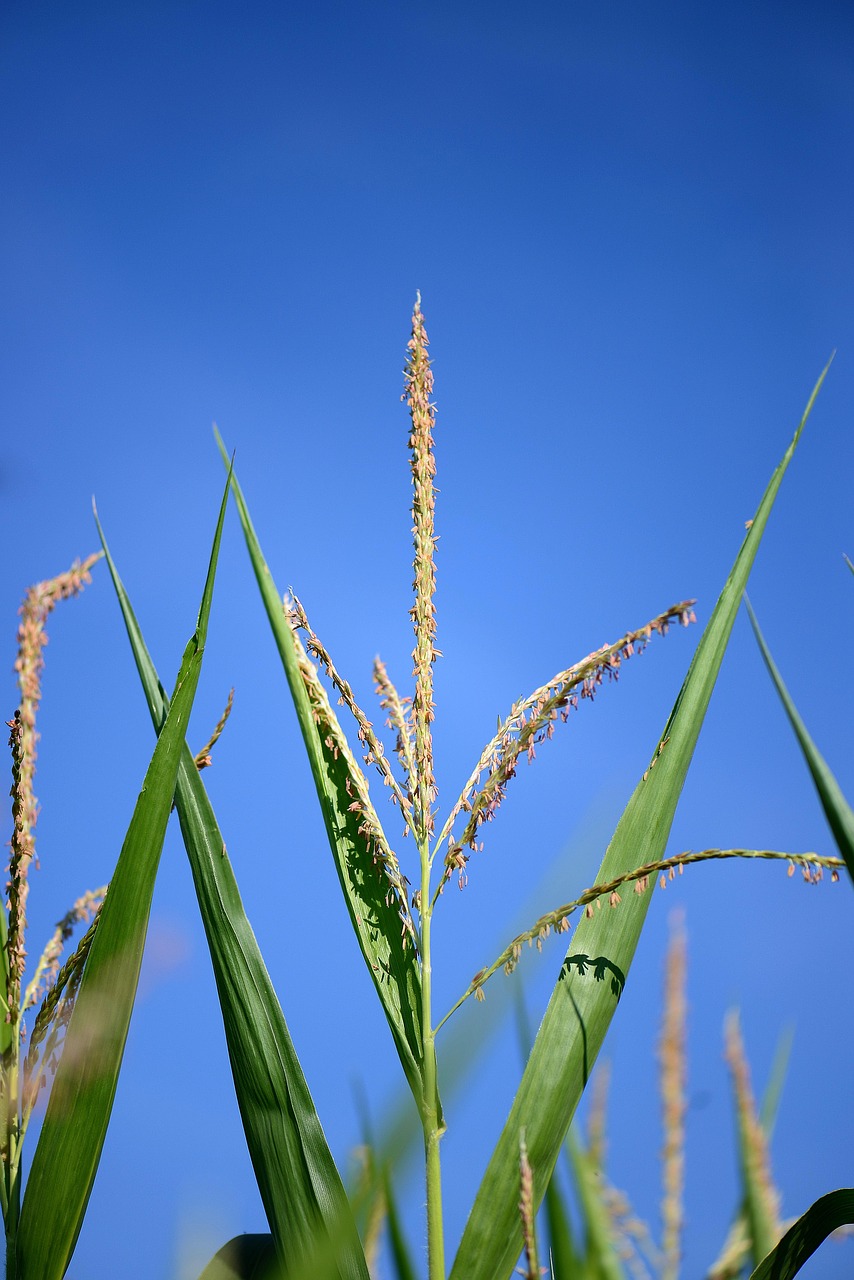The Genetically Engineered Bacteria Ate Oil
페이지 정보

본문
 This is the traditional approach farms and gardens were maintained for the final 12,000 years (see first agricultural revolution). In latest a long time, beginning in the latter a part of the twentieth century, there has been a major shift to buying seed annually from commercial seed suppliers. Much of the grassroots seed-saving activity as we speak is the work of dwelling gardeners. To be successful at seed saving, new abilities need to be developed to make sure that desired characteristics are retained in the landraces of the plant selection. Important considerations are the separation distance wanted from plants of the identical species to ensure that cross-pollination with another variety doesn't occur, and the minimal number of plants to be grown which will preserve inherent genetic diversity. It's also crucial to acknowledge the preferred characteristics of the cultivar being grown in order that plants that are not breeding true are chosen against, and to know the breeding of enhancements to the cultivar.
This is the traditional approach farms and gardens were maintained for the final 12,000 years (see first agricultural revolution). In latest a long time, beginning in the latter a part of the twentieth century, there has been a major shift to buying seed annually from commercial seed suppliers. Much of the grassroots seed-saving activity as we speak is the work of dwelling gardeners. To be successful at seed saving, new abilities need to be developed to make sure that desired characteristics are retained in the landraces of the plant selection. Important considerations are the separation distance wanted from plants of the identical species to ensure that cross-pollination with another variety doesn't occur, and the minimal number of plants to be grown which will preserve inherent genetic diversity. It's also crucial to acknowledge the preferred characteristics of the cultivar being grown in order that plants that are not breeding true are chosen against, and to know the breeding of enhancements to the cultivar.
Diseases which are seed-borne must be acknowledged so that they can be eradicated. Seed storage methods must be good enough to keep up viability of the seed. Germination requirements have to be recognized in order that periodic assessments will be made. Care must be taken, as coaching supplies relating to seed manufacturing, cleansing, storage, and maintenance usually deal with making landraces more uniform, distinct and stable (usually for industrial application) which may consequence within the lack of priceless adaptive traits distinctive to local varieties. Additionally, there's a matter of localized nature to be thought of. In the higher northern hemisphere, and lower southern, one sees a seasonal change in terms of a cooler winter. Many plants go to seed and then go dormant. These seeds must hibernate till their respective spring season. Open pollination is a crucial aspect of seed saving. While saving seed and even exchanging seed with other farmers for biodiversity purposes has been a standard apply, these practices have become unlawful for the plant varieties which are patented or in any other case owned by some entity (usually a company).

Under Article 28 of the World Trade Organization (WTO) Agreement on Trade-Related Aspects of Intellectual Property Rights (the Trips Agreement), "planting, harvesting, saving, re-planting, and exchanging seeds of patented plants, or of plants containing patented cells and genes, constitutes use" and may in some circumstances be prohibited by the intellectual property legal guidelines of WTO Members. Significantly, farmers in creating countries are significantly affected by prohibitions on seed saving. There are some protections for re-use, called "farmer's privilege", in the 1991 International Union for the Protection of new Types of Plants (UPOV Convention), but seed trade stays prohibited. In the United States, seeds were first patented within the 1970's through a legislation called, The Plant Variety Protection Act of 1970. This was the start of a culture the place folks could control how the meals system was created, altered and distributed to the public for consumption, sex and yields. Originally the farmer's privilege to avoid wasting seeds to develop subsequent crops was thought-about protected by the Plant Variety Protection Act of 1970. American farmers, it was thought, could sell seed up to the quantity saved for replanting their very own acreage.
That view got here to an end within the latter a part of the 20th century and early a part of the 21st century, with modifications in expertise and legislation. First, in 1981 Diamond v. Chakrabarty established that corporations could acquire patents for life-types-initially genetically engineered unicellular bacteria. In 2002 J.E.M. Ag Supply v. Pioneer established that valid utility patents may very well be issued on sexually reproduced plants, comparable to seed crops (e.g., corn). In 2013 Bowman v. Monsanto Co. established that it was patent infringement for farmers to save lots of crop seeds (soybeans in that case) and grow subsequent crops from them, if the seeds or plants have been patented. Seed corporations are able to earn large income from this management over industrial seed provides, and consequently additional loss of management has been taken from US farmers over their farm manufacturing process. It focuses largely on the rights of individuals to be in a position to save seed, and be impartial from major seed corporations.
- 이전글How Daycares Popular Listings Made Me A better Salesperson 25.01.18
- 다음글Daycare Near Me By State Query: Does Size Matter? 25.01.18
댓글목록
등록된 댓글이 없습니다.

